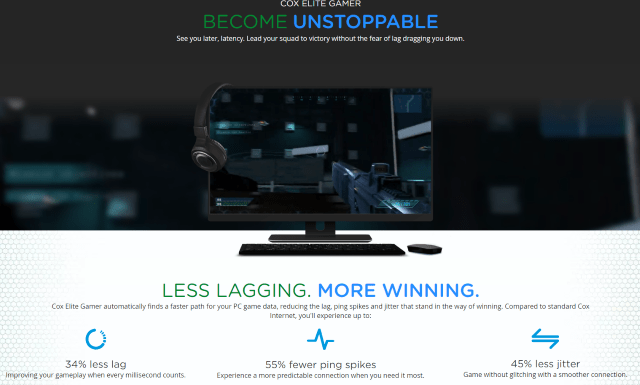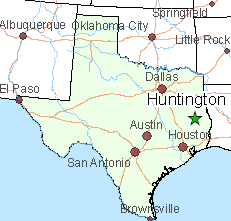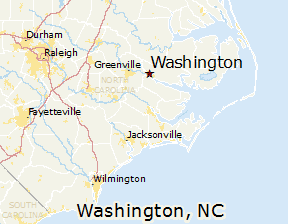 WASHINGTON (Reuters) – The U.S. Justice Department would sue to block the merger of T-Mobile US Inc and Sprint Corp if the parties do not settle next week, CNBC reported on Thursday, citing sources.
WASHINGTON (Reuters) – The U.S. Justice Department would sue to block the merger of T-Mobile US Inc and Sprint Corp if the parties do not settle next week, CNBC reported on Thursday, citing sources.
T-Mobile and Sprint did not immediately respond to Reuters requests for comment. The Justice Department declined to comment.
In June, a group of U.S. state attorneys general filed suit to block the merger, arguing that the deal would cost consumers more than $4.5 billion annually.
To win over the Justice Department, which is not involved in the lawsuit, T-Mobile and Sprint have agreed to a series of deal concessions, including selling the prepaid brand Boost.
The companies have been in talks for weeks to sell Boost to Dish Network Corp but are haggling over issues such as restrictions over who can buy the divested assets if they are sold in the future, with T-Mobile and Deutsche Telekom seeking to prevent them from going to a cable or technology company.
T-Mobile is about 63% owned by Deutsche Telekom and Sprint is controlled by Softbank Group Corp.
The companies told the court in late June that they were willing to refrain from closing the deal until after the state attorneys general case is completed.
The two companies have a July 29 deadline to complete the deal but are expected to extend it.
Federal Communications Commission chairman Ajit Pai has given his blessing to the merger in principle and is expected to circulate a formal order within weeks.
Reporting by David Shepardson and Diane Bartz in Washington and Akanksha Rana in Bengaluru; Editing by Sonya
CNBC’s David Faber reports the biggest stumbling block in the merger is a fear Dish might sell its wireless service to a cable company. T-Mobile wants contract language restricting that possibility. (5:13)


 Subscribe
Subscribe CableLabs has published a new specification for the DOCSIS 3.1 cable broadband platform that will support <1 ms latency, optimal for online gaming and virtual reality.
CableLabs has published a new specification for the DOCSIS 3.1 cable broadband platform that will support <1 ms latency, optimal for online gaming and virtual reality.
 Suddenlink is taking full advantage of a lax approach to regulatory oversight in Texas by laying its cables just about anywhere it pleases, and without talking to local officials about exactly what the cable system is doing.
Suddenlink is taking full advantage of a lax approach to regulatory oversight in Texas by laying its cables just about anywhere it pleases, and without talking to local officials about exactly what the cable system is doing. “For the most part, when they finally decided to do it they just started laying lines,” Stewart told the newspaper.
“For the most part, when they finally decided to do it they just started laying lines,” Stewart told the newspaper. Suddenlink first detected the problem on a Saturday in late May, but did not identify the fiber line as “shot” until a day later, at which point WPD officers responded to the scene. The cable company evidently did not start repairs until after a widespread service outage began.
Suddenlink first detected the problem on a Saturday in late May, but did not identify the fiber line as “shot” until a day later, at which point WPD officers responded to the scene. The cable company evidently did not start repairs until after a widespread service outage began.
